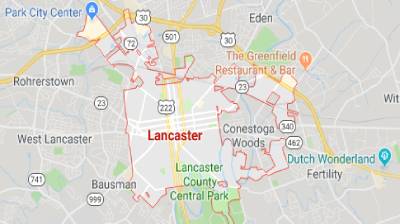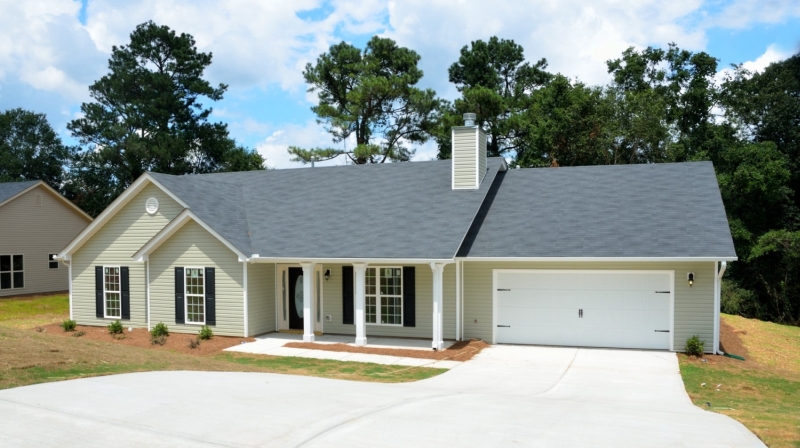Basic Terms Used for Mortgage & Real Estate Transactions
Terms: A – F ~ G – M ~ N – S ~ T – Z
Real estate and mortgage transactions may involve other terms. In the event you don’t understand some of these terms, ask for help from your Realtor®, Lender or Attorney.
Click on the first letter of the term you want defined to jump to that alphabetical category.
The seller protects the buyer from other requisitions to the title of the property.
Government National Mortgage Association (GNMA, Ginnie Mae)
Branches of a government agency HUD that purchases VA and FHA loans then sells Ginnie Mae securities to investors on Wall street.
Grantee
Buyer named in the deed.
Grantor
Seller named in the deed.
Graduated Payment Mortgage (GPM)
The first few years of the mortgage payments are low then gradually increase until the loan is completely amortized.
Grandfather Clause
A change in the law that conflicts with the previous law. However, under the grandfather clause a business, etc. is still allowed to continue under the previous law set forth.
Fire Insurance-Insurance on the home against fire and other risks.
Homeowner’s Insurance-additional coverage against theft and liability.
Homeowners Association
Homeowner’s of a particular area, community, planned unit development (PUD), or complex that come to an agreement about the rules and regulations along with property management.
Homestead
A law in which the owner and his family can not be forced into sale because of bad credit or debits that may have incurred.
Homestead Exemption
Available in some states – this causes the assessed value of a principal residence to be reduced by the amount of the exemption for the purposes of calculating property tax.
Home Warranty Plan
Insurance Purchased around the closing period. The insurance that covers appliances, heating/cooling systems, etc.
Housing and Urban Development
Housing and community development project implemented by government agencies.
Housing Code
Residential homes must follow a set of standard safety and health regulations.
HUD 1
A closing agent makes a closing document that states the settlement cost of the loan. Once the agent finishes the document it is sent to the buyer at closing.
Adding value to raw land by the development of homes, streets, and buildings, etc.
Impound Account
Partial amounts of the borrower’s monthly payments which are used to pay certain services such as taxes, hazard insurance, mortgage insurance, lease payments, and other such things.
Income Property
Property that produces an income, e.g. building offices, townhouses, apartments.
Index
An enumeration that graphs the current economical situation. Indexes are then used to change the rate of the loan.
Ingress and Egress
The ability to pass through a piece of land however not allowing to park on it.
A creditor can ask to be paid in full by the borrower, in turn the borrower is responsible for paying the full debt not just a prorated portion.
Joint Tenancy
Property owned by 2 or more people and in common behalf they follow the law that if one owner dies the joint owner receives the property (survivorship).
Judgment Lien
The claim made on the property as a result from debt.
Jumbo Loan
A loan larger then the regulations instituted by Fannie Mae or Freddie Mac.
Junior Mortgage
A mortgage which is in lower rank to another. In many cases, other mortgages in higher ranking to the junior mortgage will be paid first.
The buyer is allowed to use and occupy the land however, the deed is not given to the buyer until the seller is given the full sale price.
Lease with Option to Purchase
During the term of the lease or other defined term, the lessee has the option to purchase the property.
Lessee
A person who is renting property by means of a lease.
Lessor
A person who is renting the property to the lessee by means of a lease.
Lien
The claims of debt, judgment, mortgage or taxes brought against a property.
Loan Application
Detailed information required about the borrower and the property. This information must be given to the lender before a loan can be approved.
Loan origination fee or points
The fee charged by a mortgage lender or broker for originating a loan. Not to be confused with discount points which are used to buy down the rate of interest.
Loan to Value Ratio (LTV)
Total amount of loan divided by the property value.
Loan Servicing
The acts of collection of loan payments, property tax and escrows, foreclosing on defaulted loans, remitting payments.
A fixed amount added to the loan index that is used to determine the interest rate on an adjustable mortgage.
Market Value
The lowest price a seller is willing to accept and the highest a buyer is willing to pay on a given property. Market value may fluctuate during any given period of time.
Mechanics Lien
The ability for an unpaid contractor or subcontractor to process a lien against property for compensation.
Mortgage
A written statement that forms a lien on property as security for the payment of certain debts.
Mortgage Backed Security (MBS)
A bond that is protected/secured by mortgage loans.
Mortgage Banker
One who has expertise in originating mortgage loans, servicing mortgage loans, and selling mortgage loans to investors.
Mortgage Broker
Places appropriate loans with borrowers and lenders. Eventually they (mortgage brokers) are paid when there is a closing on the loan.
Mortgagee
The lender.
Mortgagor
The borrower.
Mortgage Note
A written statement that holds the party responsible (mortgagor) for paying off the loan. The statement is in secured by a mortgage and is used as proof to show indebtedness. In general, the note shows the debt that the mortgage covers and holds the mortgagor responsible for repaying.



